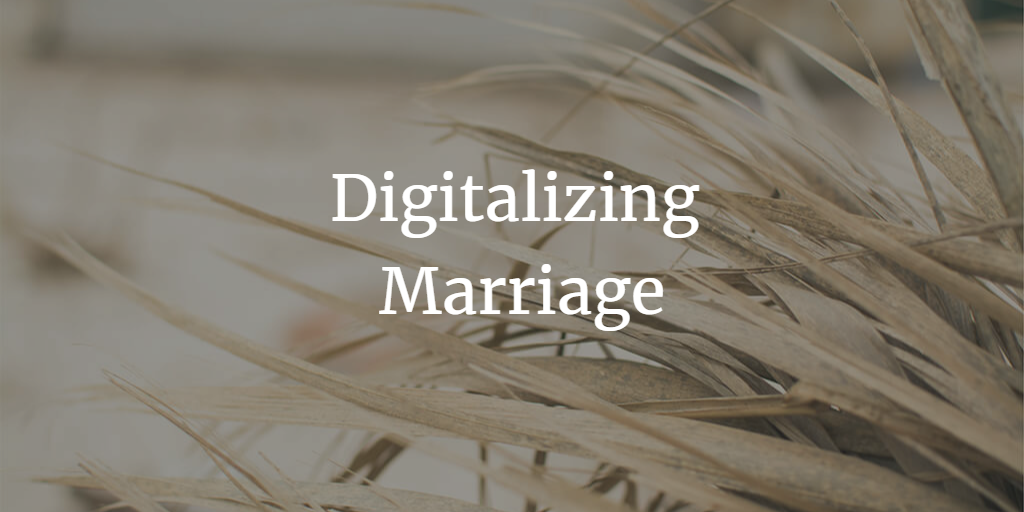Digitalizing Marriage: In the Light of Judicial Perspective

Table of Contents
Introduction
The Legal Perspective on Digital Marriages
Advantages of Digitalizing Marriages
Challenges and Legal Implications
The Future of Digital Marriages
Conclusion
1. Introduction
As the digital revolution permeates every aspect of our lives, it is also transforming age-old institutions like marriage. This article offers a comprehensive exploration of digitalizing marriage from a judicial perspective, examining its legalities, benefits, challenges, and future prospects.
2. The Legal Perspective on Digital Marriages
From a legal standpoint, the validity of digital marriages hinges on the fulfillment of traditional marriage requirements under the relevant jurisdiction's law. While digital marriages are yet to be universally accepted, some jurisdictions have begun to recognize them, provided they comply with the necessary legal formalities such as consent, age, capacity, and the presence of witnesses. The digital platform should enable the verification of these aspects to ensure the legality of such marriages.
3. Advantages of Digitalizing Marriages
Digitalizing marriages can bring about several advantages:
Convenience: Digital marriages can be conducted from anywhere, eliminating geographical constraints and making the process more convenient for parties involved.
Cost-Effective: It can significantly reduce the cost associated with traditional marriages, like venue booking, catering, and travel expenses.
Accessibility: For individuals with mobility issues or those living in remote areas, digital marriages can make the institution more accessible.
Record Keeping: Digital marriages can facilitate better record-keeping, with digital certificates and records easily stored and retrieved.
4. Challenges and Legal Implications
However, digitalizing marriages also present certain challenges and legal implications:
Legal Recognition: One of the primary challenges is the lack of legal recognition in many jurisdictions.
Verification of Parties: Verifying the identities of the parties involved and ensuring free and informed consent can be difficult.
Technical Difficulties: Connectivity issues or technical glitches can interrupt proceedings, causing stress and inconvenience.
Data Privacy: The use of digital platforms raises questions about data privacy and security.
5. The Future of Digital Marriages
The future of digital marriages depends largely on legal adaptations and technological advancements. As law and technology continue to evolve, we may witness wider acceptance of digital marriages. However, it's crucial that legal frameworks adapt to protect the rights of parties involved and ensure the integrity of the institution of marriage.
6. Conclusion
Digitalizing marriage marks a significant shift in how we perceive and practice this age-old institution. While it brings convenience and accessibility, it also poses challenges that need to be addressed. As we step into the future, it's crucial to strike a balance between embracing digital advancements and upholding the sanctity and legality of marriage.


